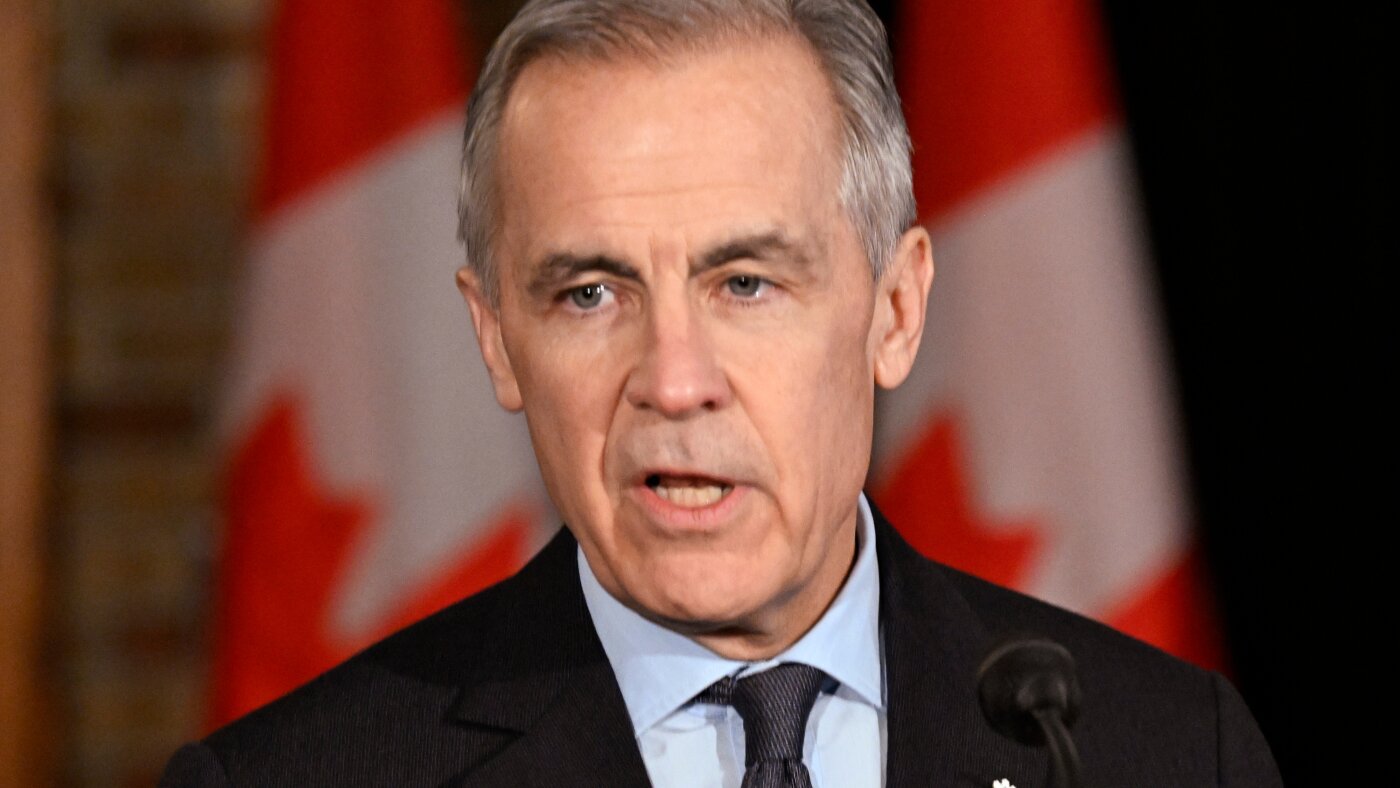Tesla has introduced what could become one of the most substantial compensation plans in corporate history, proposing an incentive package for CEO Elon Musk that may reach an unprecedented value of approximately $1 trillion — but only if the company achieves a series of extraordinary performance goals.
The suggested compensation plan is not merely a straightforward financial distribution. Rather, it revolves around equity-based incentives linked to Tesla’s performance in achieving particular financial and operational goals in the upcoming years. These objectives encompass substantial revenue growth, continued profitability, and challenging market capitalization targets that would position Tesla among the top companies globally by value.
The directors and executives of Tesla believe that an ambitious compensation package will synchronize Musk’s personal goals with the long-term interests of the shareholders. By linking the rewards to quantifiable accomplishments, Tesla aims to guarantee Musk’s strong dedication to the company’s expansion path and maintain a focus on breakthroughs in the electric vehicle and energy industries.
Throughout history, Musk has opted for unorthodox remuneration methods, usually choosing not to accept a regular wage, preferring incentives tied to the company’s stock performance. This newly suggested model reflects that philosophy but amplifies it significantly. The possibility of reaching a $1 trillion valuation has attracted worldwide interest, showcasing Tesla’s assurance in its prospective growth — and its readiness to rely on Musk’s guidance to achieve this ambition.
Although the company has not disclosed every detail publicly, analysts expect the compensation plan to include a series of escalating milestones related to revenue, earnings before interest, taxes, depreciation, and amortization (EBITDA), and market capitalization. Achieving each goal would unlock a tranche of stock options for Musk, with the ultimate payout requiring Tesla to reach valuations and production levels far beyond current figures.
To provide context, Tesla’s market value is presently in the hundreds of billions. For such an exceptional pay package to be warranted, Tesla must continue experiencing significant growth in electric car sales, battery manufacturing, and energy storage solutions — all while dealing with strong competition from established car manufacturers and new electric vehicle startups.
If sanctioned, this proposal might transform executive pay methods throughout the business sector. Advocates claim that linking incentives to achievements promotes responsibility and motivates a focus on strategic long-term objectives instead of immediate profits. Opponents, on the other hand, wonder if such a substantial potential reward is warranted, even with it being conditional on remarkable triumph.
Investor reaction so far has been mixed. Some view the proposal as a visionary move that reflects confidence in Musk’s ability to deliver transformational results. Others express concern about the optics of granting a single executive a package of such magnitude, particularly in an era of heightened scrutiny over income inequality and corporate governance.
Elon Musk has a history of surpassing expectations. Under his leadership, Tesla transformed from a niche electric car maker into a dominant global player, revolutionizing the auto industry and accelerating the shift toward sustainable energy. Musk’s bold promises — often met with skepticism — have frequently materialized into groundbreaking achievements, from the success of the Model 3 to the expansion of Tesla’s gigafactories worldwide.
Still, the targets associated with this new package are described as “audacious,” even by Musk’s standards. Industry analysts note that hitting these milestones would require Tesla not only to maintain its innovation leadership but also to achieve unprecedented levels of efficiency, scale, and global market penetration.
Tesla’s suggestion arises during a continuing discussion about executive compensation and corporate responsibility. Detractors contend that extremely high pay packages can widen income disparities and may lead to misplaced priorities if not properly organized. Supporters argue that when incentives are connected to ambitious yet quantifiable targets, they can lead to remarkable business outcomes that advantage both investors and the broader economy.
In Musk’s situation, the suggestion mirrors Tesla’s conviction that his guidance is essential to its character and future achievements. The firm argues that motivating Musk with significant performance incentives guarantees stability during a crucial period, as Tesla aims to increase production, enter new areas, and spearhead progress in self-driving and sustainable energy technologies.
The proposed package must undergo shareholder approval, and discussions are expected to be highly scrutinized. Proxy advisory firms and institutional investors will likely weigh in, analyzing both the feasibility of the performance targets and the broader implications for governance.
Regardless of what results, the initiative has already captured attention due to its significant size and ambition, highlighting Tesla’s distinctive approach to management, creativity, and business strategy.
If the plan moves forward and Musk meets the outlined milestones, it would not only cement his place as one of the most highly rewarded executives in history but also mark a transformative chapter in Tesla’s evolution — potentially redefining the boundaries of what is possible for a publicly traded company.
Until then, the world will watch closely as Tesla, its investors, and its charismatic CEO navigate one of the most audacious compensation proposals ever conceived.




